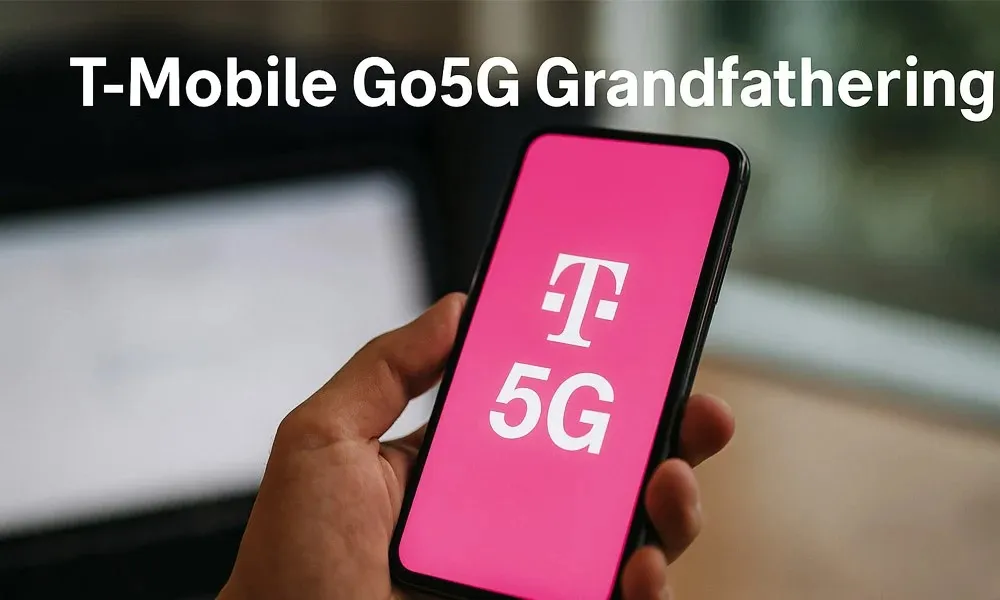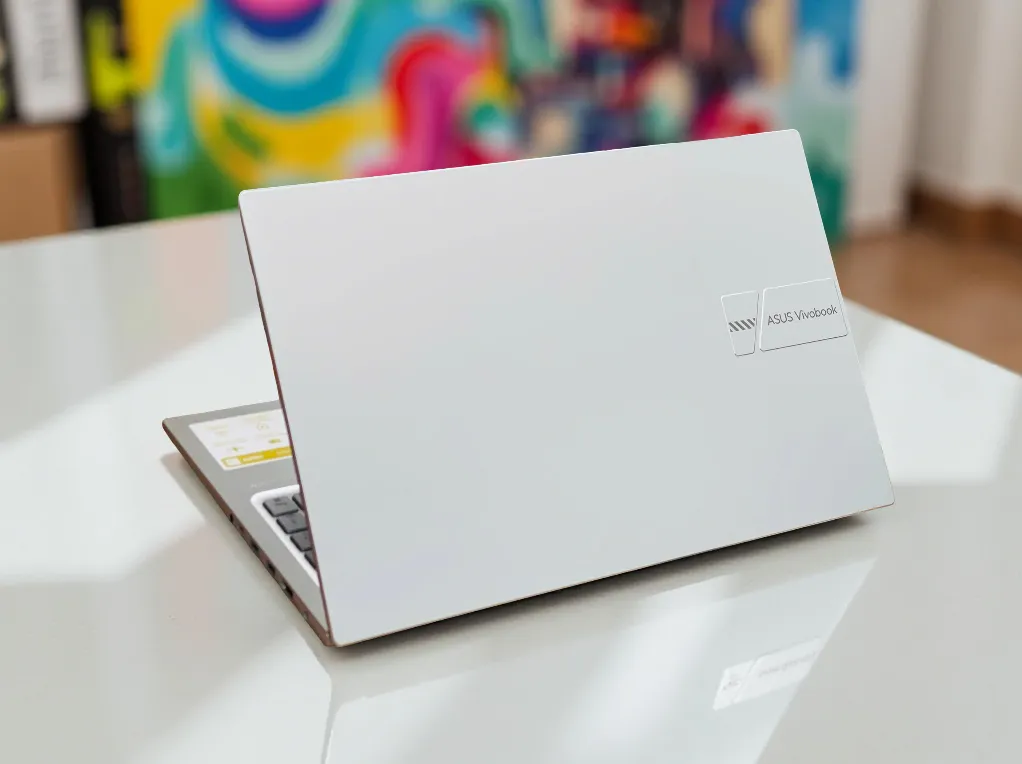A heated dispute has erupted between OpenAI, a non-profit AI research organization, and The New York Times, one of the most prestigious newspapers in the world, over the use of ChatGPT, a natural language processing tool from OpenAI, to create articles similar to those of the Times.
According to OpenAI, the Times provided ChatGPT with prompts containing text passages from previously published articles of the Times, causing ChatGPT to simply copy them without any creativity or independence. OpenAI claims that this action is cheating, violating copyright, and damaging the reputation of both parties.
The Times denies that they have violated any ethical principles and have no intention of deceiving readers or OpenAI. They assert that they only use ChatGPT as an auxiliary tool, not the main source, to create new, unique, and quality articles. They also state that they have clearly indicated the origin and author of the text passages used as prompts for ChatGPT, and have no intention of stealing anyone's work.
-1709089614.jpg)
This incident has sparked a lot of debate about the role and responsibility of journalists and AI developers in the digital age. Some people think that using AI to create content is a way to save time, cost, and improve efficiency. Others worry that using AI will lose the human, creative, and accurate aspects of content, as well as potentially cause negative consequences such as copyright infringement, fraud, or propaganda.
Meanwhile, OpenAI and the Times have shown no signs of reconciliation. OpenAI has asked the Times to stop using ChatGPT and remove the related articles. The Times has refused and affirmed that they will continue to use ChatGPT as a legitimate and useful tool. Both sides are also preparing for a lawsuit that could be long and complicated.
This is an unprecedented case in the history of journalism and AI, and could create new standards for the industry in the future. Let's wait and see what the outcome will be.
-1709089592.jpg)



